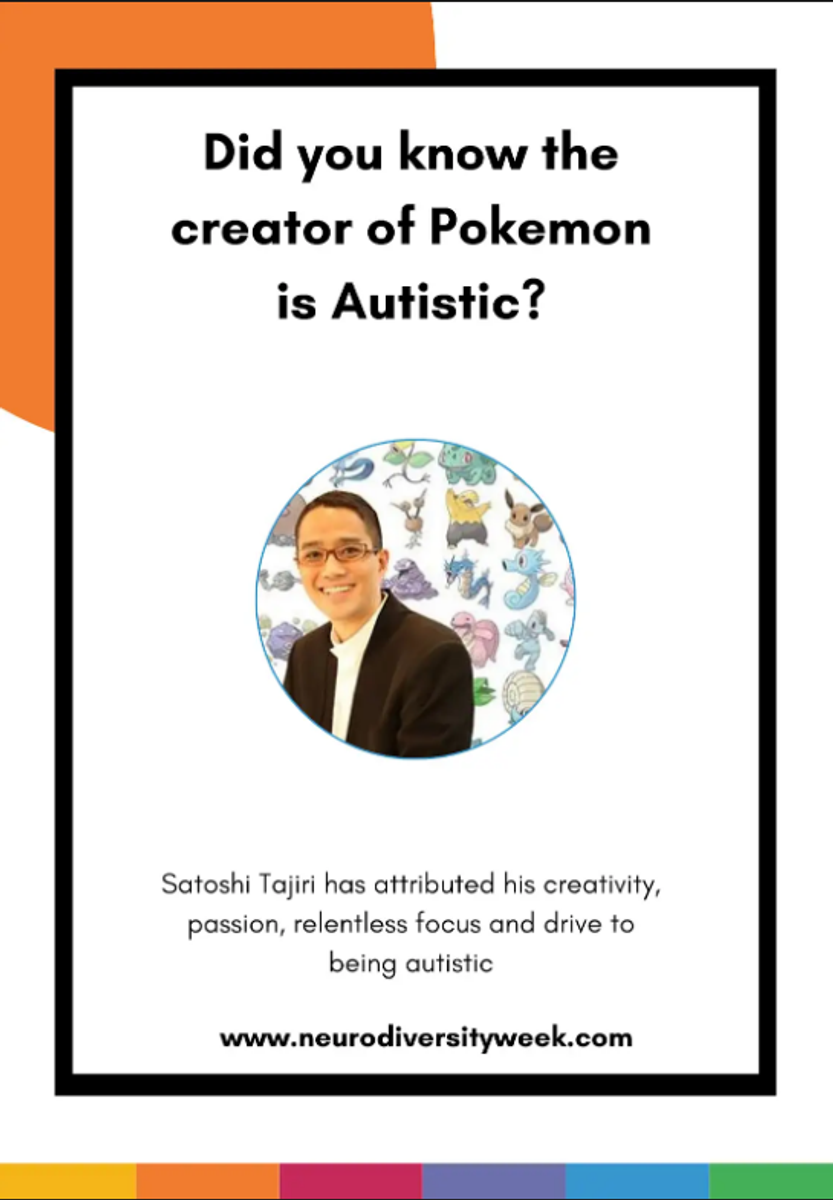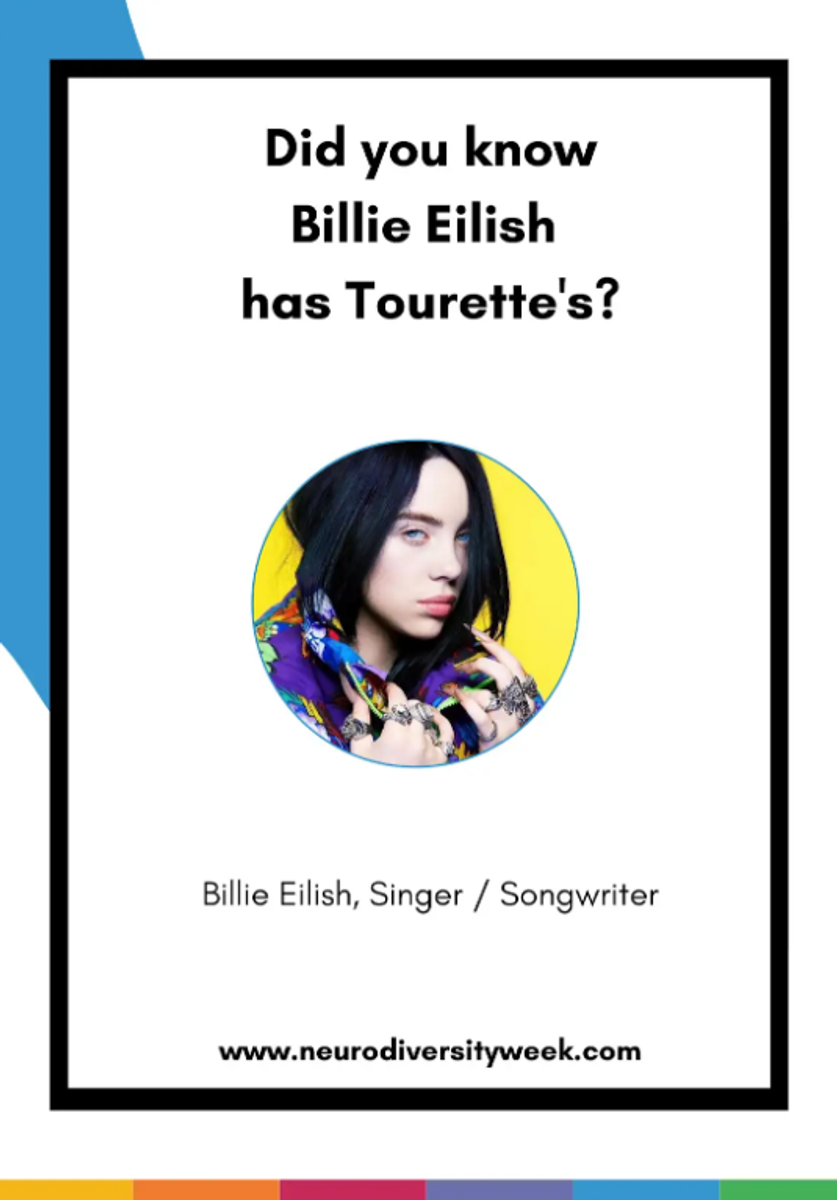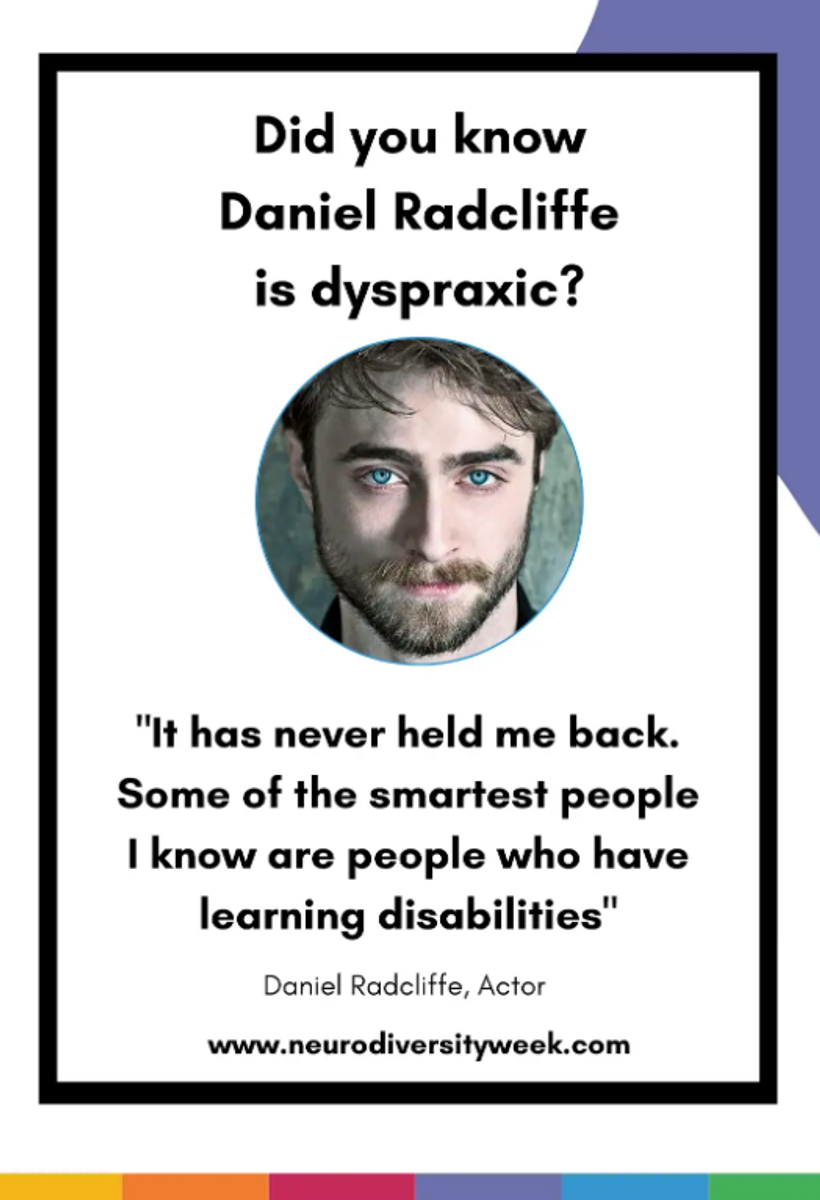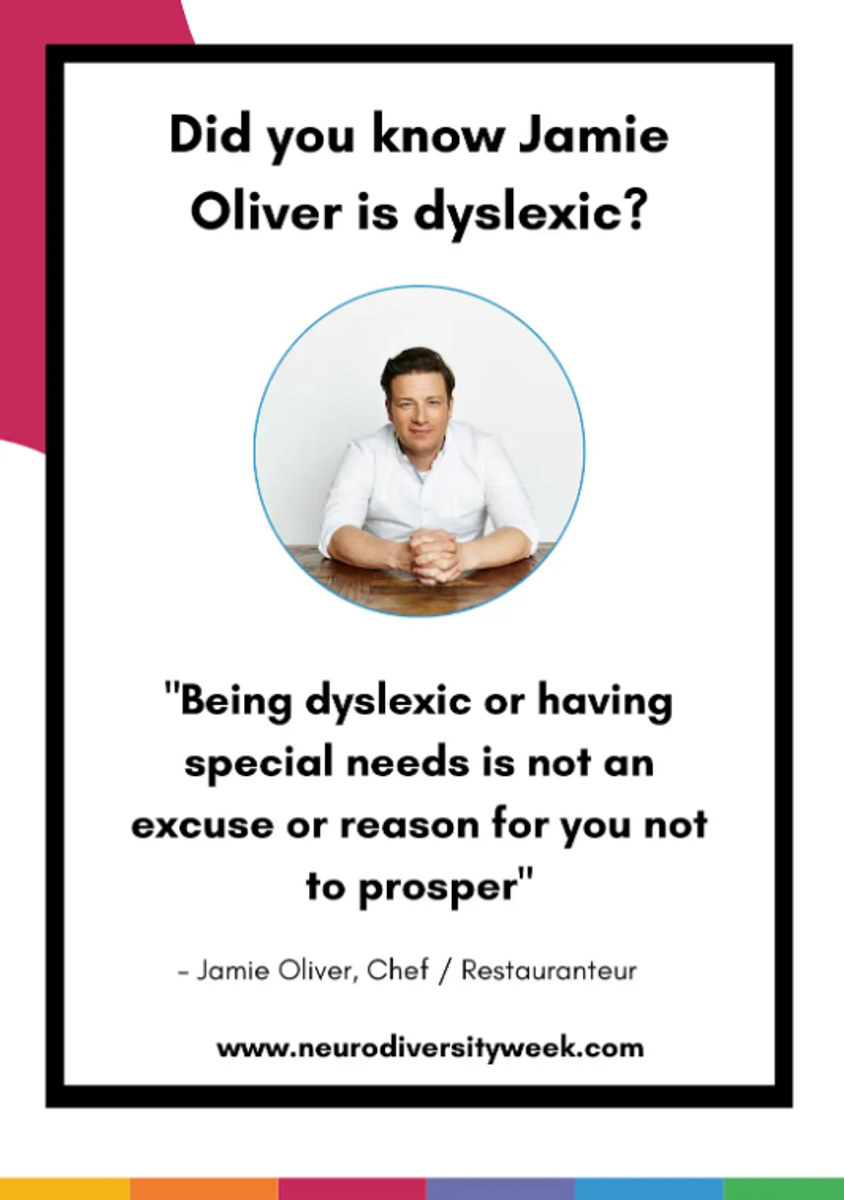Principal Report
Our school is located on the land of the Wurundjeri people of the Kulin Nation.

Principal Report
Our school is located on the land of the Wurundjeri people of the Kulin Nation.
As noted in our second newsletter this year, BPPS will undertake a Review in 2025.
As part of that Review we are holidng Parent Forums in person on Monday March 31st at 12.30pm and online on Monday March 31st at 5.30pm.
Please let us know if you are able to attend by filling in this form - I can attend a parent forum
Link for online meeting - Parent forum
This session will inform the development of our Pre Review Self Evaluation and provide ideas for our school going into 2026 and beyond.
We will undertake an activity with questions that are designed to promote discussion and blue sky thinking.
We look forward to hearing your thoughts and ideas.
This week is Neurodiversity Week, a chance to celebrate and build our personal and collective understanding and support for those in our community who are neurodivergent.
There are so many ways we can build our knowledge and support all of our students to accept everyone for who they are, to be inclusive and make sure everyone feels a valued part of our school community.
Source - https://www.neurodiversityweek.com/introduction
When it comes to inclusion, neurodiversity refers to a world where neurological differences are recognised and respected as all other human variations.
Depending on how our brains are wired we think, move, process information and communicate in different ways. Many people in our community use neurodiversity as an umbrella term used to describe alternative thinking styles such as Dyslexia, DCD (Dyspraxia), Dyscalculia, Autism and ADHD. But regardless of labels, neurodiversity is about recognising those who think differently. And no matter whether you are a school, university or organisation you can benefit from different thinkers!
Approximately 15-20% of population has a neurological difference. Instead of labelling people with deficits or disorders, when we use the term neurodiversity, we take a balanced view of an individual’s unique strengths and challenges. Many ‘challenges’ neurodivergent people face are more to do with the environment and systems they are placed in, often designed by a majority population.
Find out more about specific neuro differences at the bottom of this web page - https://www.neurodiversityweek.com/introduction










Why not start with a book? There are lots of lists of picture books you could use to discuss neurodiversity with your children - to assist them to understand their friends and support an inclusive school and community environment.
https://www.readings.com.au/collections/neurodiversity-for-kids
In 2024 we met several times with parents and staff to work out how we can better support neurodivergent students and parents. From these discussions we implemented the Quiet Expo to support parents and students to attend the Expos by ensuring they are not impacted by the noise and business of the usual Expo. Being aware of the sensory needs of our families can support them to access the Expo and celebrate their child’s learning with them.
In 2025 we would like to link our families. If you or your child are neurodivergent you have experienced many different things to access education and a diagnosis. Some in our community will be just starting on the process of discovery and diagnosis. They may have questions and wonderings. We would really like to link families, build relationships and our collective knowledge and skill.
Are you willing to be a support, to answer questions, have a cuppa and a chat based on your experience as someone who is neurodivergent or who has a neurodivergent child?
Do you want support, to ask questions, have a cuppa and a chat? Are you wondering what to do to continue supporting your child or accessing a diagnosis for your child or yourself?
These conversations would be supportive in nature and not in anyway linked to medical diagnosis but be an opportunity to share and build connection.
Please contact Susanne or Shannon at school if you would like to be involved.
We have had 49 responses to our 'Where do we come from?' google form. We would love to have more! As a school community we want the opportunity to celebrate who we are. We would love all families to take the time to share their family history.
We’re excited to have our students in their classrooms focused on their learning as we pass the mid point of Term 1.
Being at school is critical for your child’s learning and their mental health, physical and social wellbeing. Every day counts.
Two of our staff attended a full day of professional learning about attendance this week. As a school we are going to focus on getting every child to school every day. This will include the development of an Attendance Plan for the school.
Our students have particpated in NAPLAN assessments over the last two weeks. NAPLAN assesses literacy and numeracy skills that students are learning through their regular school curriculum. Students sit assessments in writing, reading, conventions of language (spelling, grammar and punctuation) and numeracy. The questions assess content linked to the Australian Curriculum: English and Mathematics. It allows parents/carers to see how their child is progressing against national proficiency standards.
NAPLAN is just one aspect of a school’s assessment and reporting process. It does not replace ongoing assessments made by teachers about student performance, but it can provide teachers with more information about students’ educational progress.
NAPLAN also provides schools, education authorities and governments with information about how education programs are working, and whether young Australians are achieving important educational outcomes in literacy and numeracy.
Doing the NAPLAN assessment online means students answer questions that adapt to their performance during the test. Each student’s results will be based on both the number and the difficulty of the questions they have answered correctly. This provides more precise and detailed information on students’ performance in the tests.
Individual student reports for NAPLAN are released from the start of Term 3 2025, with the national results released in August.
Our school collects and uses student and parent personal information for standard school functions or where permitted by law, as stated in the Schools’ Privacy Policy and the Schools’ Privacy Collection Notice.
Our Photographing, Filming and Recording Students Policy (attached), describes how we collect and use photographs, video and recordings of students. The policy also explains when parent consent is required and how it can be provided and withdrawn.
We ask parents to also review the guidance we provide on how we use technology safely at the school and what parents can do to further protect their child’s information. If after reviewing the guidance, you have any questions or concerns regarding your child using technology, please contact the school. The Acceptable User agreement is attached as a remidner - everyone in the community will have reviewed it and returned it to school already this year.
For more information about privacy, refer to: Schools’ privacy policy: information for parents. This information is also available in ten community languages:
Thank you to those parents who have completed the induction and registration so they can volunteer at BPPS in 2025.
A reminder - All volunteers must undertake the induction and register to be involved in school activities.
Volunteer induction and registration
Don't forget to follow our social media accounts and see what is happening at school each day. Boroondara Park Primary School Facebook
Search @BoroondaraPark on Instagram to follow the school.